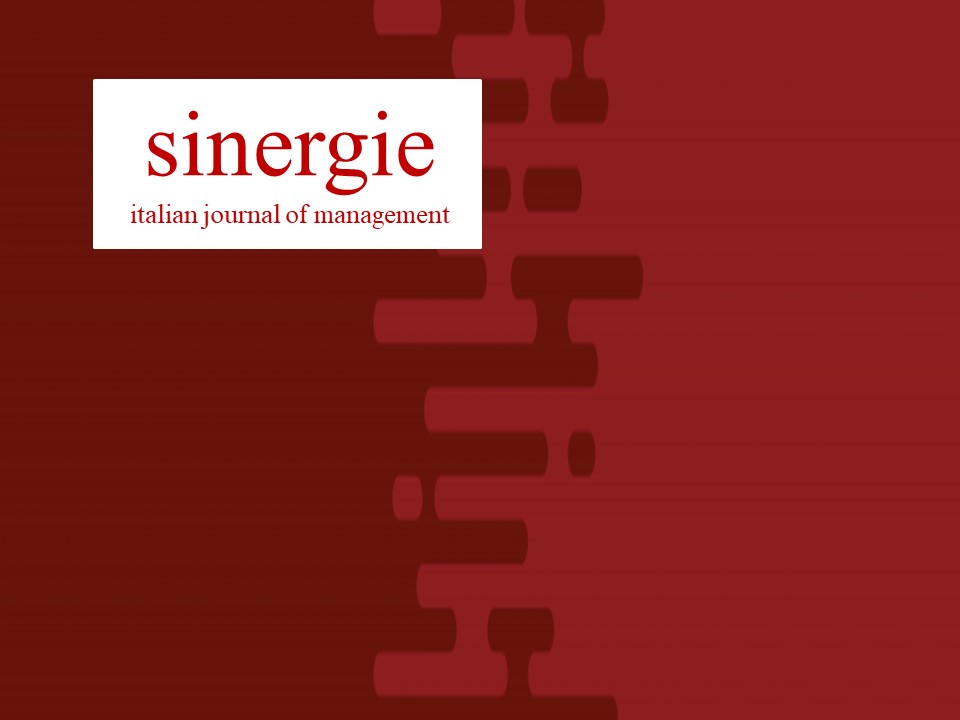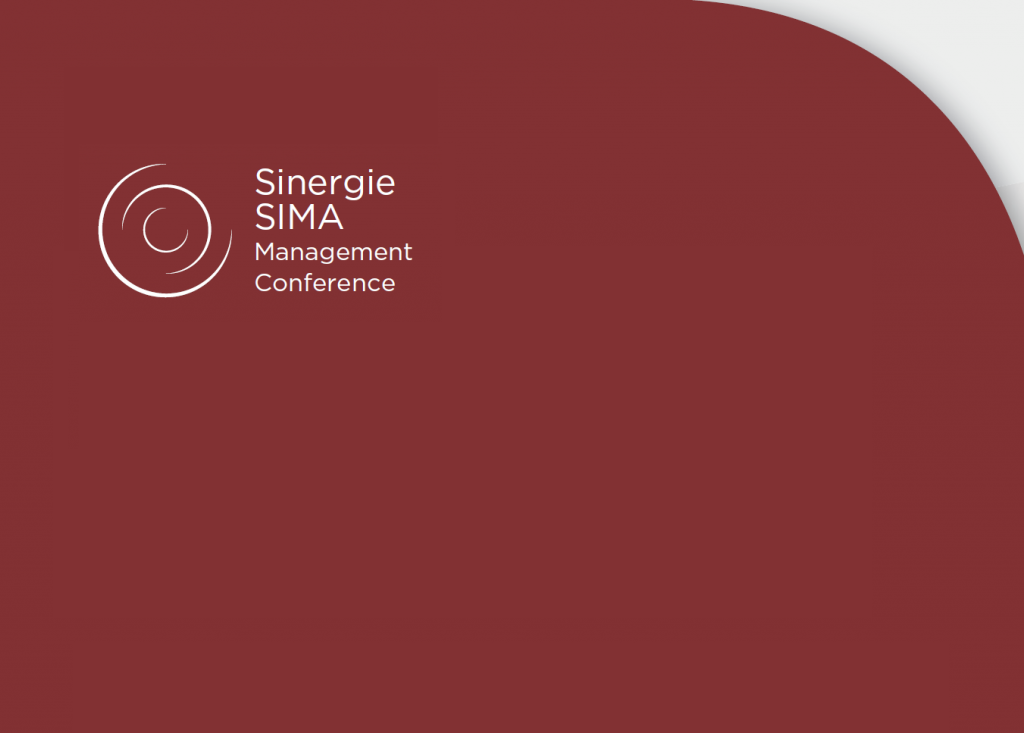Real service quality: Examining the links between value adding and service quality, and the implications for service improvement
The research follows progress with various quality initiatives over a period of the last 10 years within the financial services industry. The purpose of this paper is to identify what may be critical factors in success and failure for improvement programmes.
A survey was conducted among managers and staff engaged in improvement initiatives following European Business Excellence Model. Results from the survey showed that all of the business units had discontinued following formal EBEM procedures, though some of the projects identified were ongoing.
From the analysis of subsequent qualitative data, we identified 85 projects; these were grouped together into word repositories where similar characteristics were apparent: maintenance, waste, value, indulgence.
The results suggest an imbalance and a lack of strategic focus in project selection with a high emphasis on maintenance and waste projects and little on value adding. The high incidence of projects failing to meet expectations is perhaps surprising. A study of cases reveals some rich insights into why this may be so, and we have derived some common factors from this.
In brief, we find that integration and interdependence of disciplines and actors are key issues in determining successful outcomes in service solutions. In practice this often does not happen and is a frequent cause of failure. We find there are critical issues in strategic selection and alignment of projects, understanding and applying the principles of value definition, development and delivery to achieve a better customer focus, and the integration of change processes with organisational activity.


